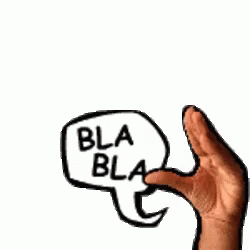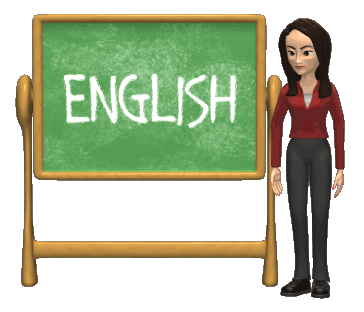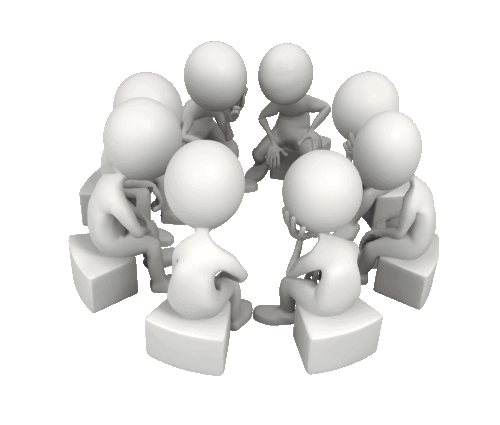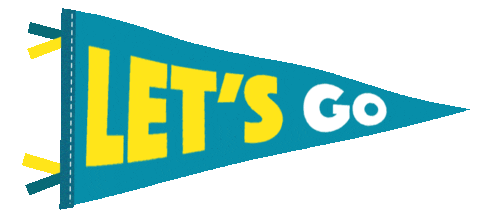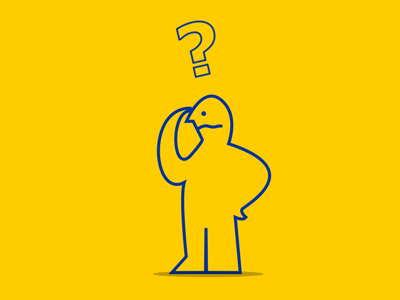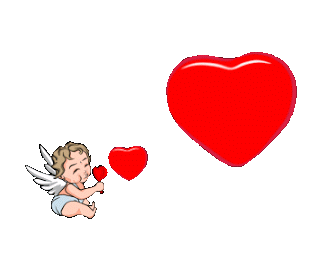What is English by the way?
English is often referred to as a "world language" or a "universal lingua franca."
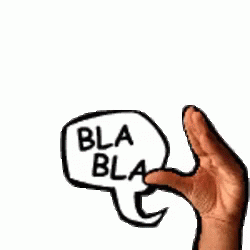
In international business and telecommunication, newspaper and book printing, science reporting, mass entertainment, and diplomacy, it is the most commonly spoken language in the world.
There are over 400 million fluent English speakers globally, and over one billion more people speak it as a second language.
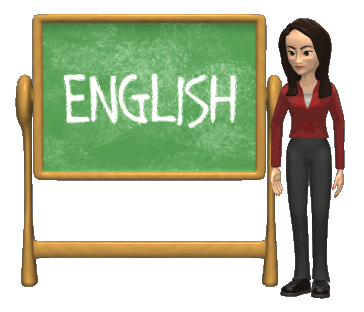
In spite of the number of native speakers, English is currently the third language and probably the most commonly spoken language on the planet, taking into account both native and non-native speakers.
How about Tagalog?
Tagalog is an Austronesian language spoken by the ethnic Tagalog people as a first language, who make up a quarter of the population of the Philippines, and by the rest as a second language.
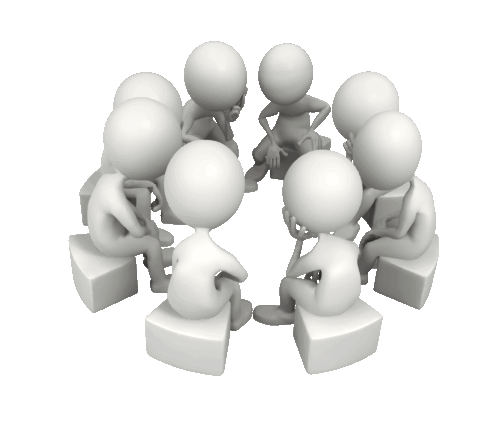
Its structured form, officially called Filipino, is the national language of the Philippines and, alongside English, is one of two official languages.
Tagalog can be sometimes observed in the Spanish language because, in Philippine History, we were colonized by Spaniards just like "Guapo" in Spanish and "Gwapo" in Tagalog which both means "handsome" in English.
How about Cebuano/ Bisaya/ Binisaya?
It is an Austronesian language spoken in the southern Philippines, namely in Central Visayas, western parts of Eastern Visayas, and much of Mindanao, the Cebuano language, colloquially referred to by most of its speakers simply as Bisaya / Binisaya (translated to Visayan in English, but should not be mistaken with other Visayan languages).

Some may find Bisaya/Binisaya very difficult so that is why I am going to teach some words to begin speaking Cebuano.
LET'S START!
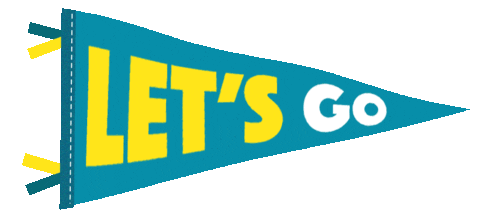
From English-Tagalog-Bisaya
English sentences to begin:
Good morning/ Good night
What is your name?
How old are you?
Where are you from?
I love you.
Since we now have the English sentences, we will translate it to Tagalog.
Good morning/ Good night

English word - Tagalog
Good - Maganda
morning - umaga
night - gabi
"Magandang Umaga/ Magandang gabi."
If you are asking why there is (ng) in Maganda, we use that one as a connector for the next word for them to complement each other.
What is your name?

English word - Tagalog
What - Ano
is - ang
your name - pangalan mo
All together, What is your name? is "Ano ang pangalan mo?" in Tagalog.
How old are you?
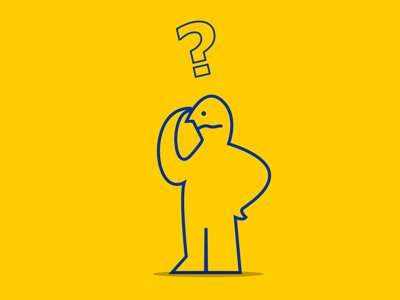
English word - Tagalog
How - Ilang
old - taon
are you - ka na
In tagalog it is: Ilang taon ka na?
Where are you from?

English word - Tagalog
Where - Saan
are - ka
you from - nanggaling
In tagalog it is: Saan ka nanggaling?
I love you.
The most common phrase that most people know.
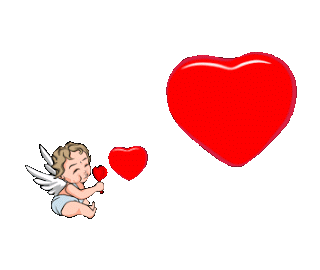
English word - Tagalog
I love/ love - Mahal
you - kita
In tagalog it is: Mahal kita
Since we now have English to Bisaya, we will now translate it to Bisaya or Binisaya.
Good morning/ Good night
English word - Tagalog - Bisaya
Good - Maganda - Maayo
morning - umaga - buntag
night - gabi - gabie
"Magandang umaga, Magandang gabi" in Tagalog.
"Maayong buntag/ Maayong gabie" in Bisaya.
If you are asking again why there is (ng) in Maayo, we use that one as a connector for the next word for them to complement each other.
What is your name?
English word - Tagalog - Bisaya
What - Ano - Unsa
is - ang - ang
your name - pangalan mo - imohang pangalan
All together, What is your name? is "Ano ang pangalan mo?" in Tagalog and "Unsa ang imohang pangalan?" in Bisaya.
How old are you?
English word - Tagalog - Bisaya
How - Ilang - Pila
old - taon - edad
are you - ka na - imohang
In tagalog it is: Ilang taon ka na?
In Bisaya it is: Pila imohang edad?
Where are you from?
English word - Tagalog - Bisaya
Where - Saan - Asa
are you - ka - ka
from - nanggaling - gikan?
In tagalog it is: Saan ka nanggaling?
In Bisaya it is: Asa ka gikan?
I love you.
The most common phrase that most people know.
English word - Tagalog - Bisaya
I love/ love - Mahal - Gihigugma
you - kita - ko ikaw
In tagalog it is: Mahal kita
In Bisaya it is: Gihugugma ko ikaw
Hope you've learned something even just a little bit. Sorry if I didn't explain it thoroughly. It would be my pleasure if you want to learn how to speak Bisaya or Tagalog more. Just let me know!
Images credit to google gif.
